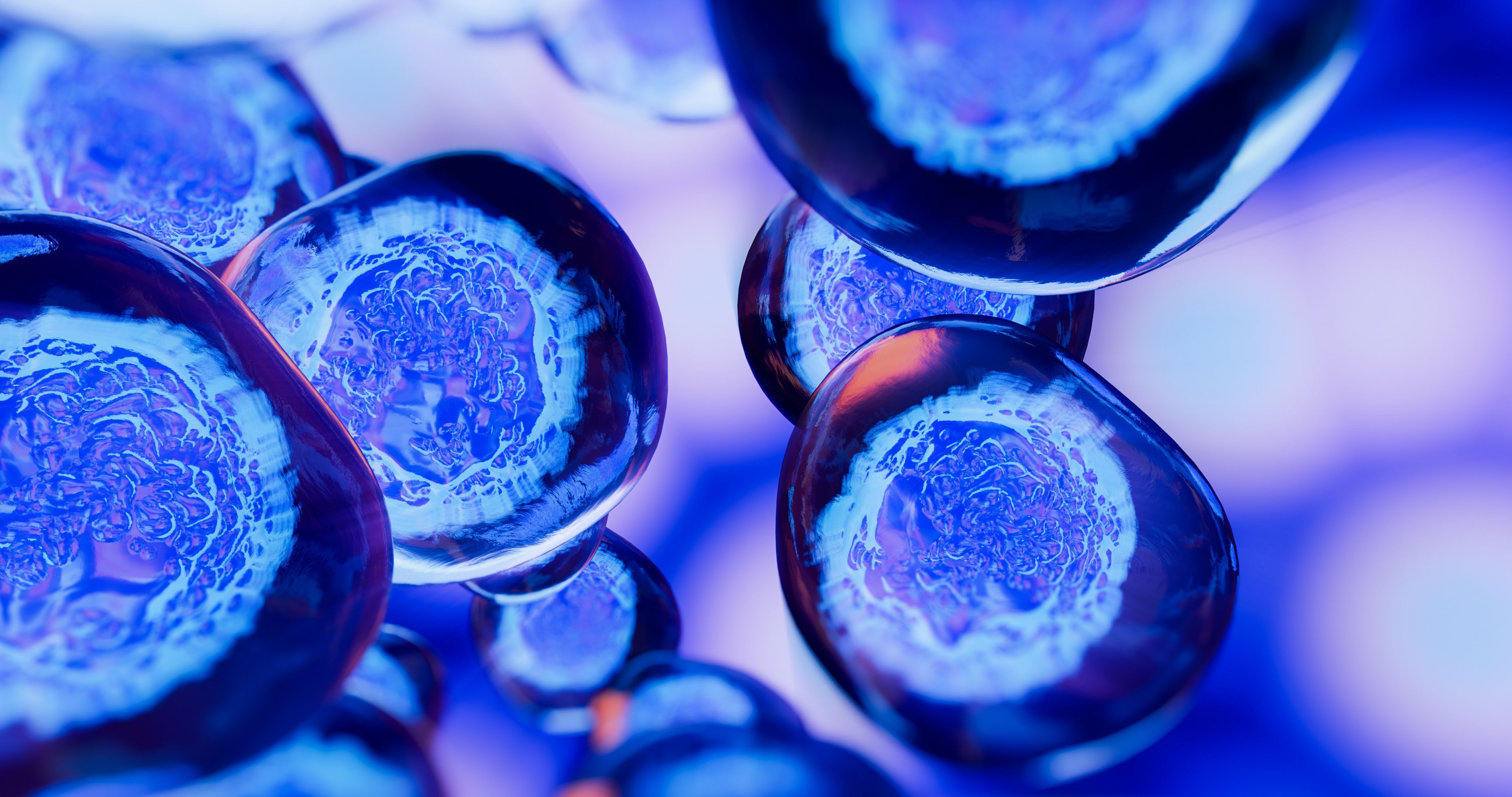
At a Glance
- Sana Biotechnology released early results after week 4 from Patient 1.
- The trial is testing donor islet cells genetically modified to evade the immune system without immunosuppression.
- 4-weeks post-transplant, the cells are producing insulin.
- If the cells survive long-term, success is replicated in a larger number of patients, and if cell supply is ensured, this could be a Practical Cure.
January 9, 2025
Sana Biotechnology, a clinical-stage company focused on engineering cells to evade the immune system, announced positive four-week results from its early phase I human trial. Led by Per-Ola Carlsson at the University of Uppsala Hospital, the study tests cadaver-sourced, insulin-producing cells (UP421) modified with Sana’s “hypoimmune platform.” This platform reprograms transplanted cells so they lay below the immune system’s radar and avoid detection.
At week four, a forty-two-year-old man with established T1D demonstrated cell survival and modest levels of insulin production without any form of immunosuppression, a first in human trials. The big news is the potential for cell protection through genetic modification without broad-spectrum immunosuppressive drugs.
This is promising news, and if demonstrated efficacy continues, it will be a step forward on the path to a Practical Cure. But, four-week results do not equate the end-all solution. Initial safety and cell survival have been proven, but there is still a long road ahead. This early success must be sustained for a longer period of time in a greater number of participants, and to be accessible to the whole T1D community the cells cannot be sourced from cadavers, for which there is a limited supply.
The following provides an overview detailing this breaking news and the next steps.
Background About the Trial
A potential Practical Cure along the Gene-Edited Cells and Cell Transplantation pathways, the phase I trial is entitled “First-in-human Safety Study of Hypoimmune Pancreatic Islet Transplantation in Adult Subjects With Type 1 Diabetes.” It is a partnership between the Seattle-based company Sana Biotechnology and the Uppsala University Hospital in Sweden, supported by funding from the Leona M. and Harry B. Helmsley Charitable Trust.
It is testing UP421, cadaver-sourced islets that have been genetically modified using Sana Biotechnology’s hypoimmune technology to evade detection from the immune system on two fronts:
- Autoimmune: Protecting beta cells from the autoimmune attack that naturally occurs in T1D.
- Alloimmune: Protecting transplanted donor cells from the immune response that targets foreign cells not originating from the patient.
Cells are edited to be hypoimmune—have lower recognition from the immune system—by disrupting the expression of MHC proteins that trigger the T-cell attack, and overexpressing CD47, a cell receptor fondly known to release a “don’t eat me” signal to other potential attackers. Cells are transplanted into the forearm muscle. In future testing, Sana plans to replace cadaverous cells with stem cells that have a potentially indefinite supply.
The study is recruiting only established T1D patients who are at least five years past diagnosis. Enrollment is limited to two individuals. The primary objective is safety, and few islet cells were transplanted—less than 10% of the islets needed to attain insulin independence.
Initial Results: Cell Survival and Insulin Production
The patient dosed was a forty-two-year-old man, diagnosed with T1D at the age of four.
Four-week results show successful islet engraftment and survival with no safety concerns or adverse side effects. Transplanted cells produced insulin that increased after stimulation from mixed meal tolerance tests, demonstrated in stable C-peptide secretion (a hormone indicating insulin production). This is hailed as the first time in human clinical trials that a donor-sourced transplant has survived without immunosuppression.
Sana’s press release is optimistic, with President and CEO Steve Harr remarking, “We achieved our goals for the study, identifying no safety issues as well as demonstrating survival, function, and evasion of immune detection of HIP-modified primary pancreatic islet cells transplanted intramuscularly with no immunosuppression.”
Next: Cell Supply and Scalability
Results are optimistic, but several components must come together before this is a fully realized Practical Cure, including reliable and scalable cell supply and proof of insulin independence.
To achieve sustained cell supply, Sana is developing genetically engineered, stem cell-derived beta cells that can be manufactured at scale, referred to as SC451. Sana plans to test this at a future date.
The trial must also demonstrate efficacy for much longer than four weeks, with a much larger group of participants. Cell survival, patient safety, and insulin production must be maintained to the one-year follow up. Ultimately, insulin independence will need to be proven.
JDCA will keep you updated on the latest Practical Cure news as it unfolds.
Appendix: Additional Trial Details
“First-in-human Safety Study of Hypoimmune Pancreatic Islet Transplantation in Adult Subjects With Type 1 Diabetes” is an early phase I trial testing cadaver-sourced donor islets modified with Sana Biotechnology’s hypoimmune platform (UP421) to evade the alloimmune and autoimmune attack without immunosuppressants. Dosing began in December 2024.
Purpose: Investigate safety, immune evasion capability, and insulin production of genetically modified cadaver-sourced islets transplanted into the forearm muscle.
Dosing: Single transplant of UP421 cells into the forearm muscle.
Estimated Enrollment: 2
Locations: Uppsala University Hospital, Sweden
Estimated Study Completion Date: June 2025
